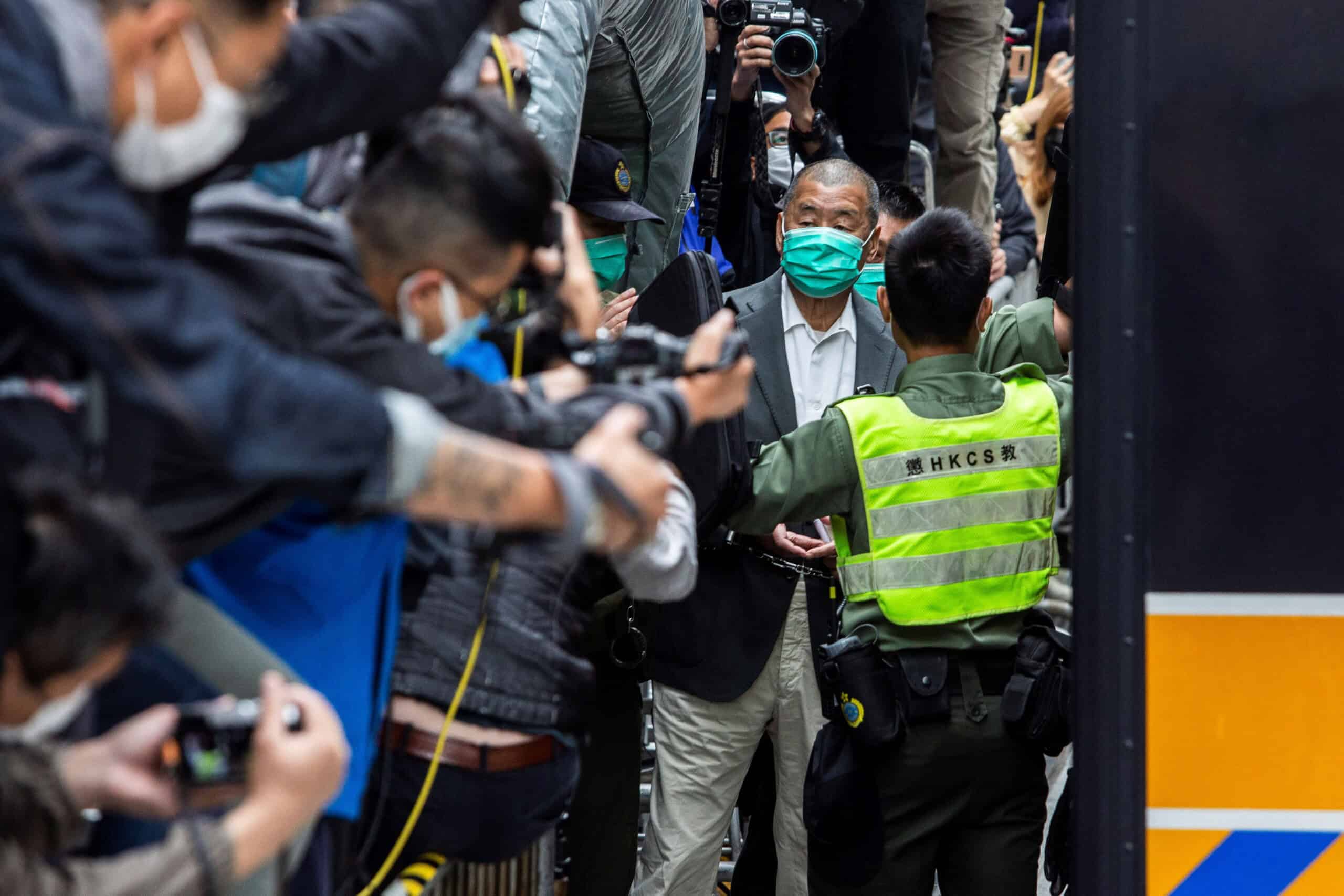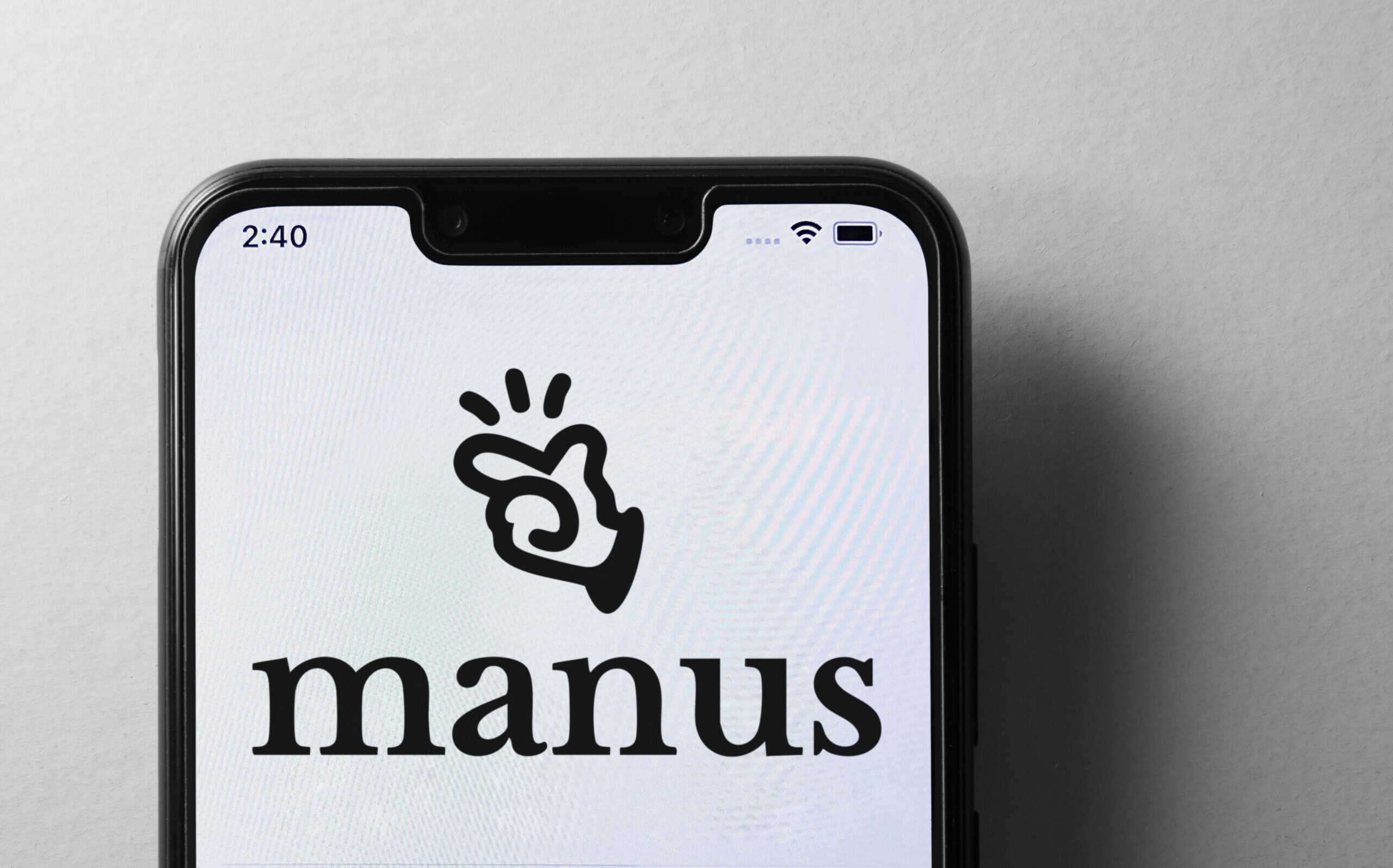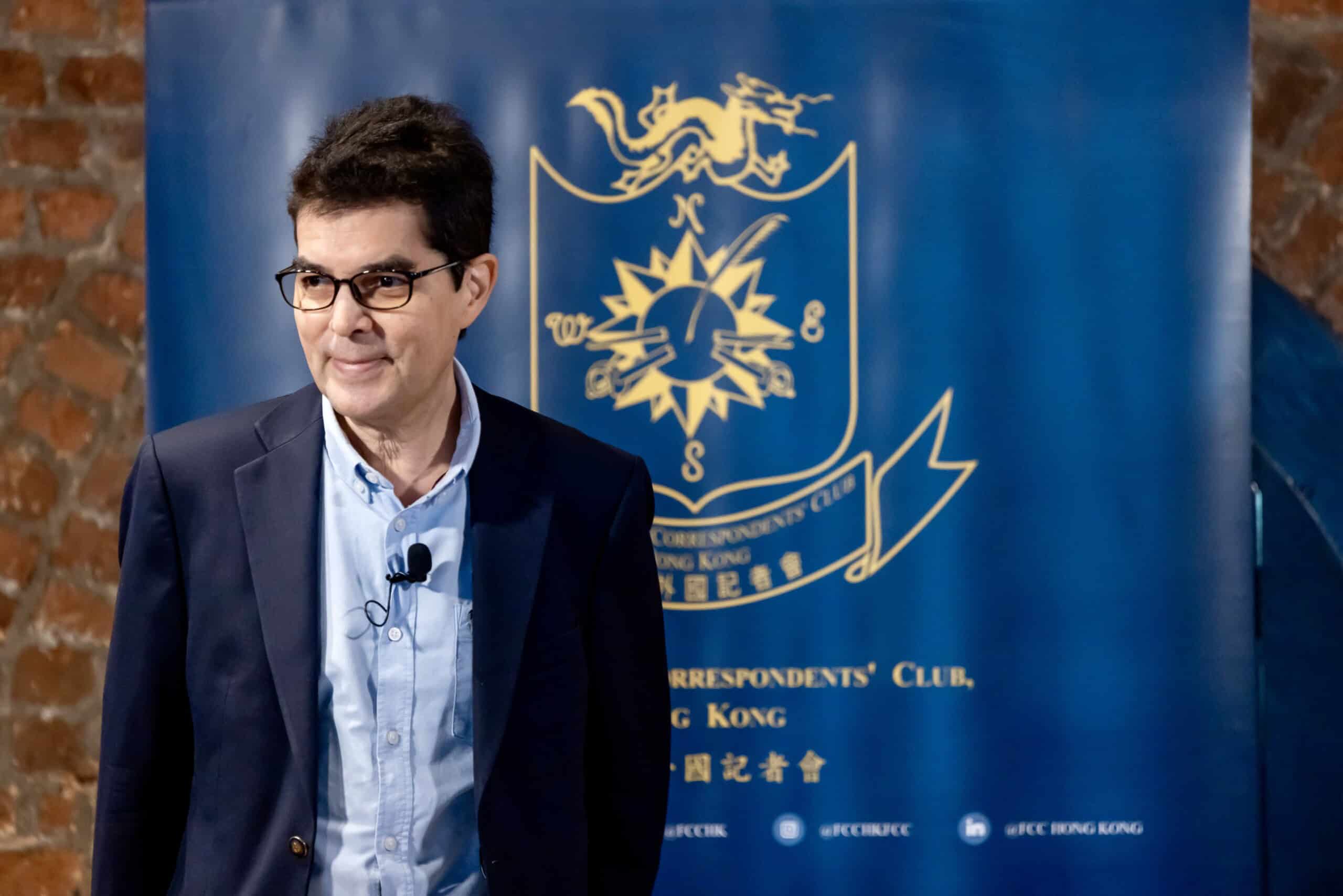Rahm Emanuel is America’s version of a wolf-warrior. The U.S. ambassador to Japan has made it part of his mission to mock the foibles, missteps and hypocrisies of Xi Jinping, the Chinese government and the Chinese Communist Party. Among his posts on X, the former Twitter,:”Xi’s playbook is clear: shamelessly exploit human tragedies for political gain without any regard for the live lost.” “Thanks to Xi-nomics, investors are in search of a new financial center in Asia, and tha
LISTEN NOW
Face-Off: U.S. vs. China returns for new season
An award-winning podcast about the world’s two superpowers, the two men in charge, and the vital issues that affect us all. Face-Off cuts through the noise for the real story, with essential historical context.



